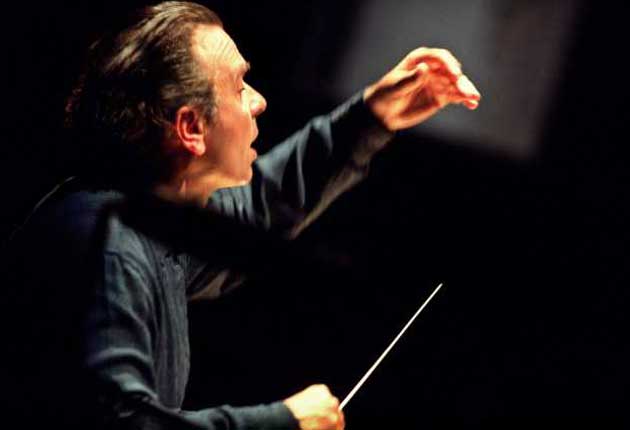Members of the London Philharmonic/Elder, Wigmore Hall, London

Wigmore Hall's tiny platform was almost as crowded as Richard Wagner's staircase on Christmas morning 1870 when he presented his beloved wife Cosima with a performance of his newly composed Siegfried Idyll. Forest murmurs from the second act of his Ring opera "Siegfried" will have wafted through the lakeside house at Tribschen near Lucerne, dappled instrumental colours broken with bird-call and the sound of the super-hero's horn.
The 13 players of the London Philharmonic were doubtless more polished than Wagner's ad-hoc bunch of friends, the string quintet at the heart of the texture making something truly homely of the composer's grandest inspirations. Duncan Riddell's dulcet first violin more than caught the abiding nostalgia of the piece, he and his colleagues addressing the touches of sweet harmony with as much intimacy as is possible in this acoustically lively hall.
It's so easy to overplay Wigmore and there were passages in the evening's main offering – Mahler's Das Lied von der Erde – where surprisingly the balance between voices and orchestra (particularly the winds) was to prove just as problematic in Arnold Schöenberg and Rainer Riehn's chamber version as it does in the full orchestral score. Mark Elder drove the opening drinking song with passionate defiance, tenor Paul Nilon bravely catching its bitter abandon, its beery robustness, with great vocal virility. The intoxicatingly high tessitura conveys an irresistible lustiness in his songs and he caught that completely; the beauty was more elusive.
Mahler reserves that for his contralto soloist on her final quest for undying peace and perfect harmony with our world. Alice Coote was as convincing as anyone I have heard at conveying the solitariness of this final journey; the yearning for that which is past and that, as yet, unattainable. The sensuousness she brought to "Of Beauty", the burst of testosterone as "spirited horses" brought lissom young boys onto the scene – all this had such womanly relish.
But it was "The Farewell", set against the halting pulse of Schöenberg's piano-flecked reduction and some wonderful solo cello work from Susanne Beer, that caught the bittersweet ecstasy of the piece. The line "I seek solace for my lonely heart" could hardly have been more meaningfully inflected, the voice freed to swell on the words "Die liebe Erde" and embrace an elusive C major.
Join our commenting forum
Join thought-provoking conversations, follow other Independent readers and see their replies
Comments
Bookmark popover
Removed from bookmarks